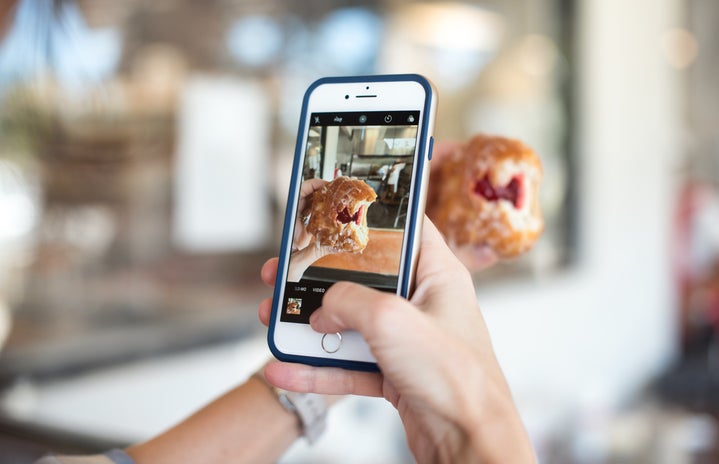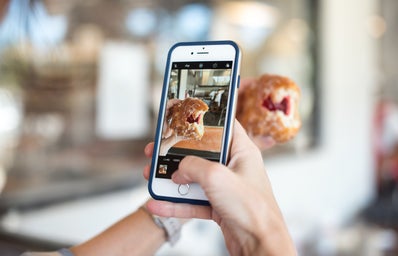Being a makeup artist isn’t a new profession that the millennium created, but being a makeup artist and a social media influencer at the same time is.
Makeup artistry is supposedly as old as the Egyptians, with data suggesting that oils and kohl were used to accentuate the features of the wealthy. It can be assumed that Pharaohs did not apply their makeup themselves and most likely used slaves to do the artwork for them, with understandably no €800 training course fee.
Fast forward to the twentieth century and makeup artistry begins to establish itself as a legitimate profession. The age of cinema employed makeup artists to correct and style actors’ appearances. Makeup also became less expensive and more accessible to the average working-class citizen. These accessible cosmetics allowed a whole new generation to create a style inspired by the Hollywood starlets in the movies or to just express themselves freely.
Launching into the millennium, makeup artistry is becoming less associated with department store counter artists and more related to freelancing internet makeup gurus. The hashtag #makeupartist currently has 72.9 million posts on Instagram, ranging from video tutorials of subtle beauty makeup, to the more creative and extravagant eye makeup looks.
YouTube also has a huge part to play in this. Famous makeup YouTubers like James Charles and NikkieTutorials have collaborated with makeup brands on products in order to use their fan base and followers as the target audience of likely consumers. This works extremely well for the makeup companies and influencers a like.
This allows these influencers to work independently by producing a makeup tutorial, finding an advertiser and profiting from the number of views. But doesn’t that defeat the purpose of the makeup artistry craft? Do these influencers prey on the naïve to act as consumers under the illusion that they’re learning how to create a smoky eye?
It does teach viewers how to achieve the looks themselves so they can make themselves feel beautiful everyday, but it also could be seen as discrediting the profession and interpersonal skills of traditional counter artists. Dublin counter makeup artist, Laura Sweeney, discussed the pressures that come with being a makeup artist and competing with social media makeup guru giants.
“I feel like there is so much pressure (to be a makeup artist) with social media, a lot of the girls I work on the counter with have said that customers almost have more of a trust in people with followers rather than someone who is working with a brand that they are trained and experienced in,” Laura said.
She added “I love my job so much and I love making someone feel beautiful. I think people forget the affect that makeup can have, you never know who you will have in your chair and how they are feeling. Working in that environment means meeting people and making their day”.
It is also safe to say that social media artists have raised expectations when it comes to what the final outcome of a makeup look should look like. This can lead to disappointment when customers do choose to get their makeup applied by a counter artist. Unfortunately for counter girls, no matter how experienced they are, sometimes these expectations can’t be met.
This comes down to the simple fact that a lot of social media influencers digitally edit the posted content of their art. So, the ‘final product’ most likely is not as clean and polished as the real thing.



